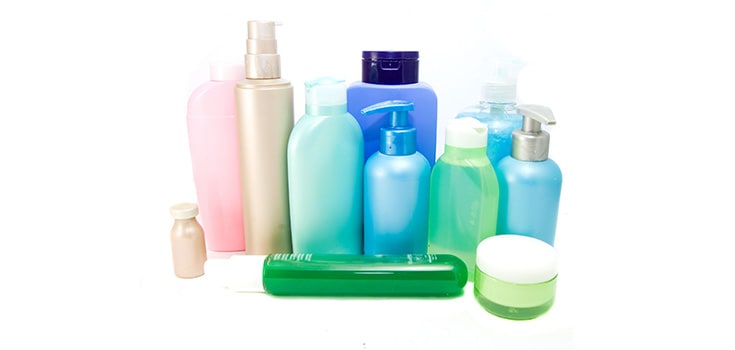Promises, Promises: Johnson and Johnson Products to be Free of Carcinogens by 2015

Caving to consumer demands, Johnson & Johnson announced that they will remove probable carcinogens and other dangerous chemicals from (almost) all adult toiletries and cosmetics by 2015. But would the corporate giant really remove all these chemicals? Seeing as Johnson and Johnson is a pharmaceutical and consumer packaged goods manufacturer, there are reasonable doubts that carcinogens will truly be removed from Johnson and Johnson products. We’ll see.
Carcinogens in Johnson and Johnson Products
Last year, J&J promised something similar for its infant care products, including its No More Tears baby shampoo. (How’s that for irony?) Currently, many Johnson and Johnson products contain:
- Triclosan (triclosan dangers are many, with the chemical recently proven to impair muscle and skeletal muscle contractions by up to 25 percent within one hour)
- 1,4 dioxane, a probable human carcinogen
- Formaldehyde, a human carcinogen and eye, skin, and respiratory irritant
- Phthalates
- Parabens, a class of chemicals linked to allergic reactions, breast cancer, and more
- Artificial colors and fragrances, the ingredients of which remain undisclosed
It should be noted that J&J currently owns brands like Aveeno, Neutrogena, RoC, Clean & Clear, and Lubriderm.
Spearheading this years-long push is the Campaign for Safe Cosmetics, comprising of 175 nonprofit groups boasting 1.7 million members, including the Environmental Working Group, Friends of the Earth, American Nurses Association, and Physicians for Social Responsibility.
Safety and Care Not J&J’s Priority
J&J launched a new website on Wednesday, www.safetyandcarecommitment.com, informing millions of customers of its “good” intentions and its vow to clean up its act. “They want more transparency,” says Susan Nettesheim, vice president of product stewardship and toxicology for J&J’s consumer health brands.
Should this desire for transparency come as a surprise so late in the game to J&J, a company that makes gasp-inducing amounts of money on products the general public uses to clear acne, soothe aches, and wash tender, highly vulnerable infant skin. Such a company must not respond to this kind of outcry—it should be leading it.
Lisa Archer, the Campaign for Safe Cosmetics’ national director, says that “in terms of cosmetic giants, Johnson & Johnson is going furthest of any of them in removing chemicals of concerns.” This, however, is admittedly saying very little. Here are everyday products threatening your health to prove it.
